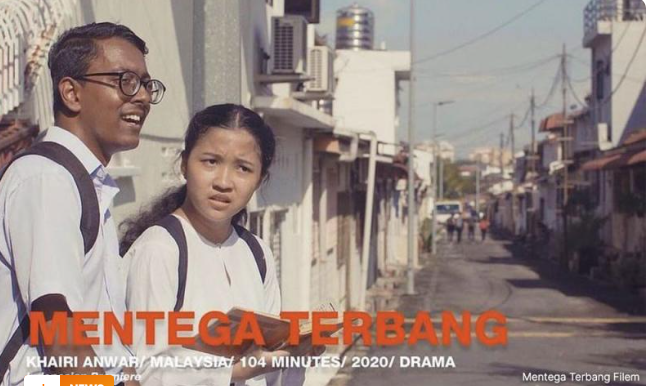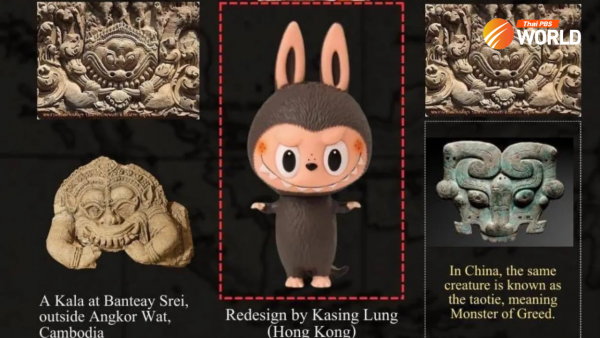Malaysian filmmakers charged for hurting religious feelings

Kuala Lumpur, Malaysia – Two Malaysian filmmakers behind a banned indie movie touching on differences and similarities between various faiths, including Islam, were charged in court on Wednesday for hurting religious feelings.
Director Khairi Anwar Jailani, 31, and producer Tan Meng Kheng, 36, could face a one-year jail term if found guilty. Both pleaded not guilty to the blasphemy charge in a packed magistrate’s court in the capital Kuala Lumpur and were freed on bail.
In court documents seen by AFP, the duo is alleged to have “deliberately intended to hurt other people’s religious feelings by uttering words and placing objects in the person’s sight.”
No other details were provided. “It is a dark day for filmmakers. We will challenge the charges vigorously in court,” said their lawyer N. Surendran, adding that the case could stifle the growing local film industry.
Phil Robertson, deputy Asia director of Human Rights Watch called the charges “ludicrous” and urged authorities to drop the case.
“Prosecution of Khairi and Meng Kheng under a vague and arbitrary statute for so-called ‘hurting religious feelings’ shows very clearly how Prime Minister Anwar Ibrahim and his government are fundamentally failing to protect freedom of expression,” Robertson said in a statement.
The duo are not renowned filmmakers in the Southeast Asian country, but are among a growing pool of up-and-coming young movie makers in the scene.
The film “Mentega Terbang” (a Malay wordplay meaning “Butterfly”) is about a 15-year-old girl who discusses the afterlife from the perspectives of different religions with her parents as she struggles to come to terms with her dying mother.
The film has been vehemently criticised by religious authorities for going against the Islamic creed in Malaysia where race and religion are highly sensitive matters.
The movie was released in 2021 but never screened in Malaysian theatres.
It was taken down from Hong Kong streaming platform Viu last February. However, it remained available on Wednesday for viewing on YouTube.
The movie was banned by the Ministry of Home Affairs in September last year.
It is common for censors in the Muslim-majority country to ban films entirely or cut scenes related to subjects they deem sensitive.






